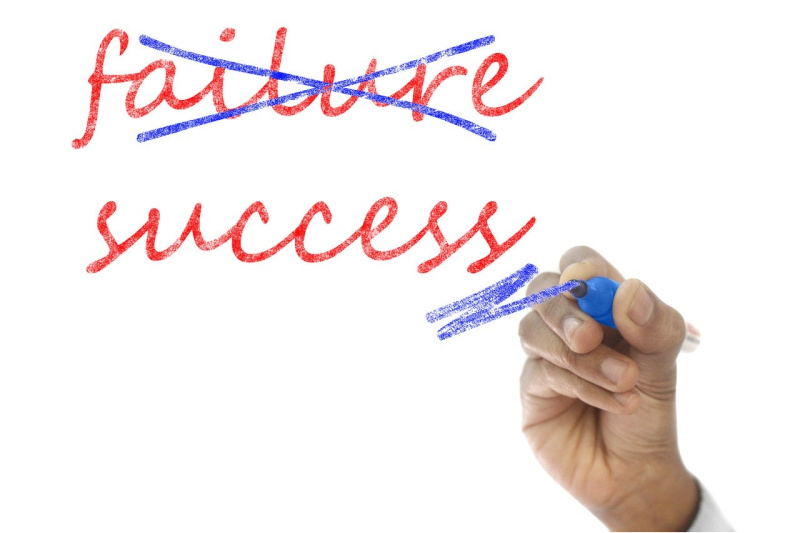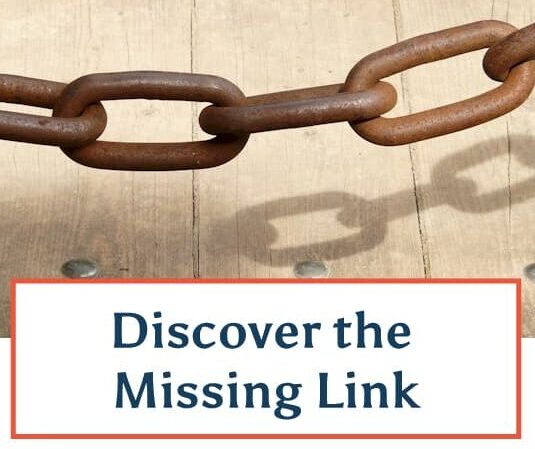Although personal and business websites have been in existence for more than 10 years, I’m still seeing small business owners make the same mistakes on their websites. Here’s a list of the ones that will drive people away from your site and cause you to lose business (and your reputation as a professional business person).
- “Under construction” signs on your site pages. Websites are intended to be Living Documents. They are supposed to change and grow. Putting an “under construction” sign on your website marks you as an amateur. If your site isn’t ready to show to the public, don’t publish it to a public location.
- Visitor counters. Visitors generally don’t care how many other people have visited your site. If the visitor counter shows a low number, that can be a psychological turn-off to people; if it’s too high, people might believe that you’ve forged the number. Take the visitor counter off your site and use your website statistics to get a more accurate assessment of the people visiting your site. If your hosting company doesn’t provide good statistics, get a new hosting company or consider using Google Analytics. Note: Google Analytics won’t show you every statistic in relationship to your site. For instance, it won’t show you have many search engine “bots” (spiders) have crawled your site. But what it does show you is great detail about other things that really matter.
- Lack of copyright statements. Everything you write, and your website design itself, is copyright-able. Make sure you include copyright statements on every page, and update the year in the copyright statement as appropriate. Nothing screams “not-up-to-date” like having a copyright statement from 1997 on your site. While you’re at it, make sure you submit your site to the Copyright Office for your country. In the USA, you can visit the Copyright Office website here.
- Overuse of technology. There are some really great, cool and wild techie things you can program into your website. But if they are going to distract the visitor from your message, or if they’re going to slow down the loading of your page, ditch the extra technology in favor of simplicity. This includes large Flash shows when your site opens, animated graphics and other large graphics, as well as scrolling text and audio that comes on as soon as the person hits your website. Recent surveys show that people crave simplicity and easy navigation in sites.
- Passive verbs. Use active verbs and active sentences when writing your site’s copy. Active verbs are powerful and lend energy to your site. Need to brush up on using active verbs? Check out the Perdue site.
- Long sentences. When people read long sentences, they have to keep the first part of the sentence in their mind when reading the last part. People are easily distracted (especially while surfing the web). Help your visitors by keeping your sentences short and crisp.
- Long pages. Studies show that most people will not read a long page of text off of their computer monitor. They’ll either print it, or they’ll scan it looking for major topics and bullet points. Keep your pages short. If you have a lot to say, consider creating a series of pages that explain your topic, with good navigation between each page. Also, since people DO print web pages to read later, make sure your contact information is at the bottom of each page. Hint: print some of the pages from your website to see if they print properly.
- Not identifying the benefits of your products or services. People make purchases for two reasons: to get rid of pain or to get pleasure. People want to know how your products and services will help them with their specific pain/pleasure situation. Instead of telling them that your widgets are made from steel and are 3 inches across, tell them that your widgets will stop their faucets from leaking for a lifetime, thus reducing stress and annoyance.
- Forgetting to ask the visitor to do something. In marketing, this is known as a Call To Action. Tell your visitors what you want them to do next. Sign up for my newsletter. Call me. Order today.
- Believing in “build it and they will come.” It might have worked in the movie Field Of Dreams, but the reality of internet marketing is: build it, MARKET it, and they will come. Once you’ve built your website you have to tell people about it. Think of your website the same way you’d think of a box of brochures: if you don’t get them into the hands of people, they’re not worth the money you spent to create them. Use internet marketing techniques, including search engine optimization, to increase the traffic on your site.

 The Green Office: Other Tips
The Green Office: Other Tips
